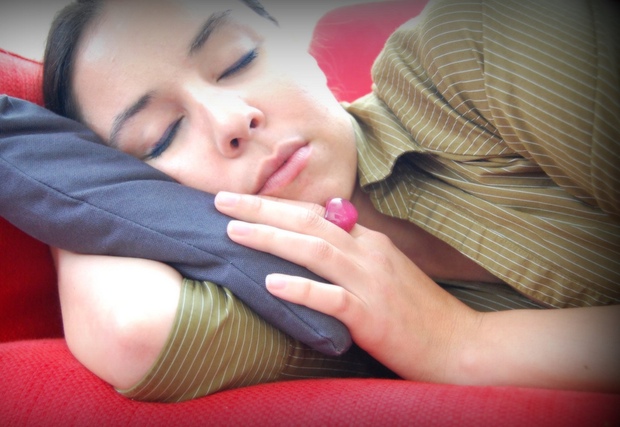We all know sleep is a good thing, but tell that to the employees in the manufacturing industry who have to work the night shift.
In the newest report on sleep, the Centers for Disease Control and Prevention (CDC) found that US workers employed in the manufacturing industry sector or who work the night shift are more likely to get the least amount of sleep than workers in all other industries. On the other hand, married, white, non-Hispanic workers are most likely to get an adequate amount of shut-eye.
The CDC interviewed more than 15,000 adults about their profession and sleep habits and found that overall, 30 percent of US workers–that’s 40.6 million Americans–get six or less hours of sleep a night. In particular, 44 percent of those who reported working the night shift were more likely to suffer from a lack of the sleep. However, researchers noted that since 75 percent of those surveyed worked the day shift, “this translates into approximately 2.2 million night-shift workers with short sleep duration compared with approximately 28.3 million day-shift workers with short sleep duration.”
So why is the graveyard shift worse for sleep, if employees are still working the same amount of hours as daytime workers? “Attempts to sleep during daylight hours, when melatonin levels decline and body temperature rises, usually result in shorter sleep episodes and more wakefulness,” researchers noted in the report.
Other categories that accounted for insufficient sleep included the 30 to 64 age range; black, non-Hispanic workers; those widowed, divorced, or separated; having a high school diploma or GED or just some college experience; those who worked the night shift in the transportation and warehousing industry; and working more than one job or more than 40 hours a week.
All that said, it’s clear that the US has a serious sleeping problem, as rates have increased in the past two decades, according to the CDC. Lack of sleep has been proven to cause overeating, leading to obesity, heart issues, and ultimately early death.
These groups include the lucky few who get enough sleep: those 65 or older; white, non-Hispanic workers; people who have never been married; college-educated employees; and people in “other services, except public administration.”
See the full report at the CDC’s website.



















